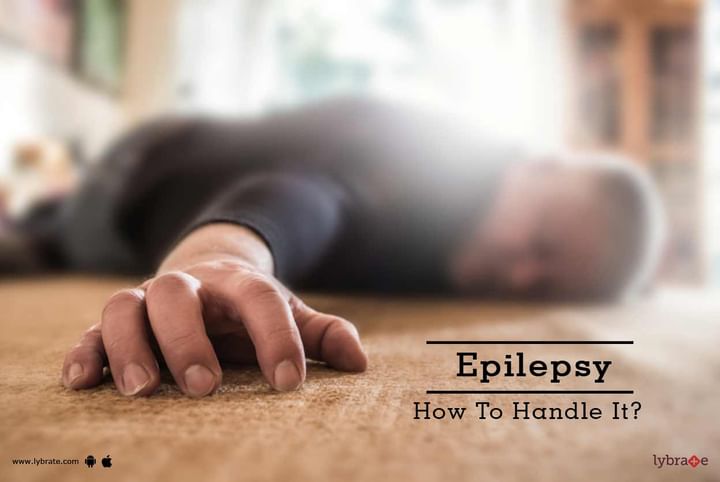Epilepsy - How To Handle It?
Epilepsy is a relatively common disorder. Most cases of epilepsy can be controlled with a combination of drug therapy and a healthy lifestyle. In some cases, surgery may also be advised. Epilepsy affects not only the lifestyle of the patient but also that of their caregiver. Each person reacts to epilepsy in a different way and hence the type of care needed also varies from person to person. While some patients have few seizures and require care only when they're having a seizure others need round the clock care.
Here are a few tips to keep in mind if a loved one suffers from epilepsy.
Know what type of epilepsy you are dealing with.
Not all epileptic seizures are the same. Find out what type of seizures your loved one suffers from and what are the possible triggers associated with Involve yourself in their lifestyle.
Epilepsy should not be a reason for your loved one to lock themselves in a room to stay safe. Participate in activities with them of you feel the activity may be a safety risk if they were to have a seizure; for example - swimming.
Notice seizure triggers.
Often an epileptic patient may not remember the seizure after it has occurred. As their caregiver, keep a seizure diary to track their seizures and its related triggers. Look for patterns in the triggers to their epilepsy attacks.
Keep them safe during a seizure.
When experiencing a seizure, the patient will lose consciousness, experience muscle convulsions and may grit his teeth. If the person is standing, hold them so that they do not fall. If they are lying down, try turning them onto their side. Do not put anything into their mouth.
Take care of them after a seizure.
After the seizure, people are most likely to be confused, tired and have a headache. Check for injuries and keep them calm till medical help arrives. Loosen clothing around their neck and ensure that there is nothing inhibiting their breathing.
Medical identification.
While someone who suffers from seizures often is likely to always have someone with them, others who have rare seizures may often venture out alone. In such cases, ensure that they always have medical identification on them. Also make sure that their friends, colleagues etc are aware of their medical condition.
Help them maintain a healthy lifestyle.
Staying active is essential for people with epilepsy. Avoid contact sports and pick low impact exercises like walking, running or swimming. Following a buddy system is essential when an epileptic person works out.



+1.svg)
